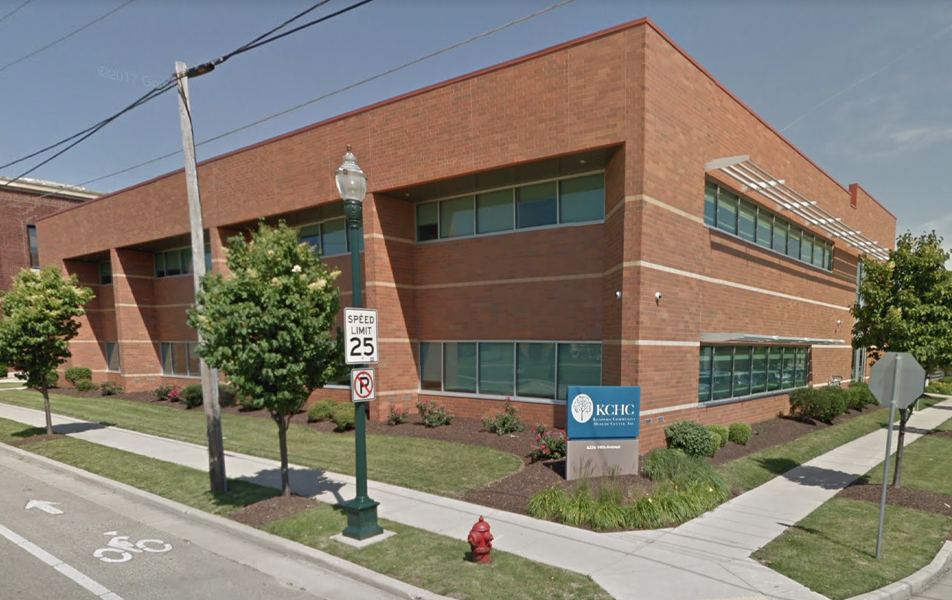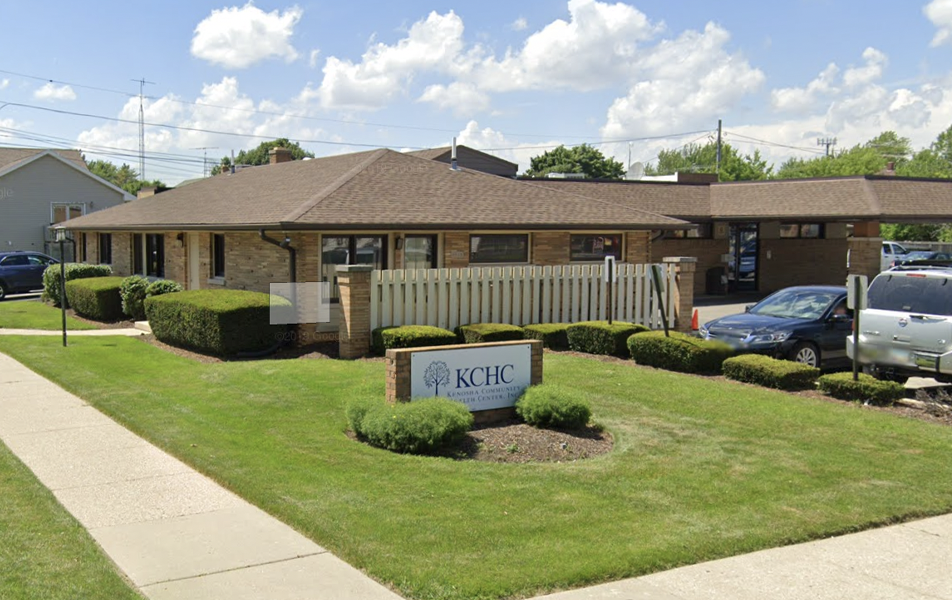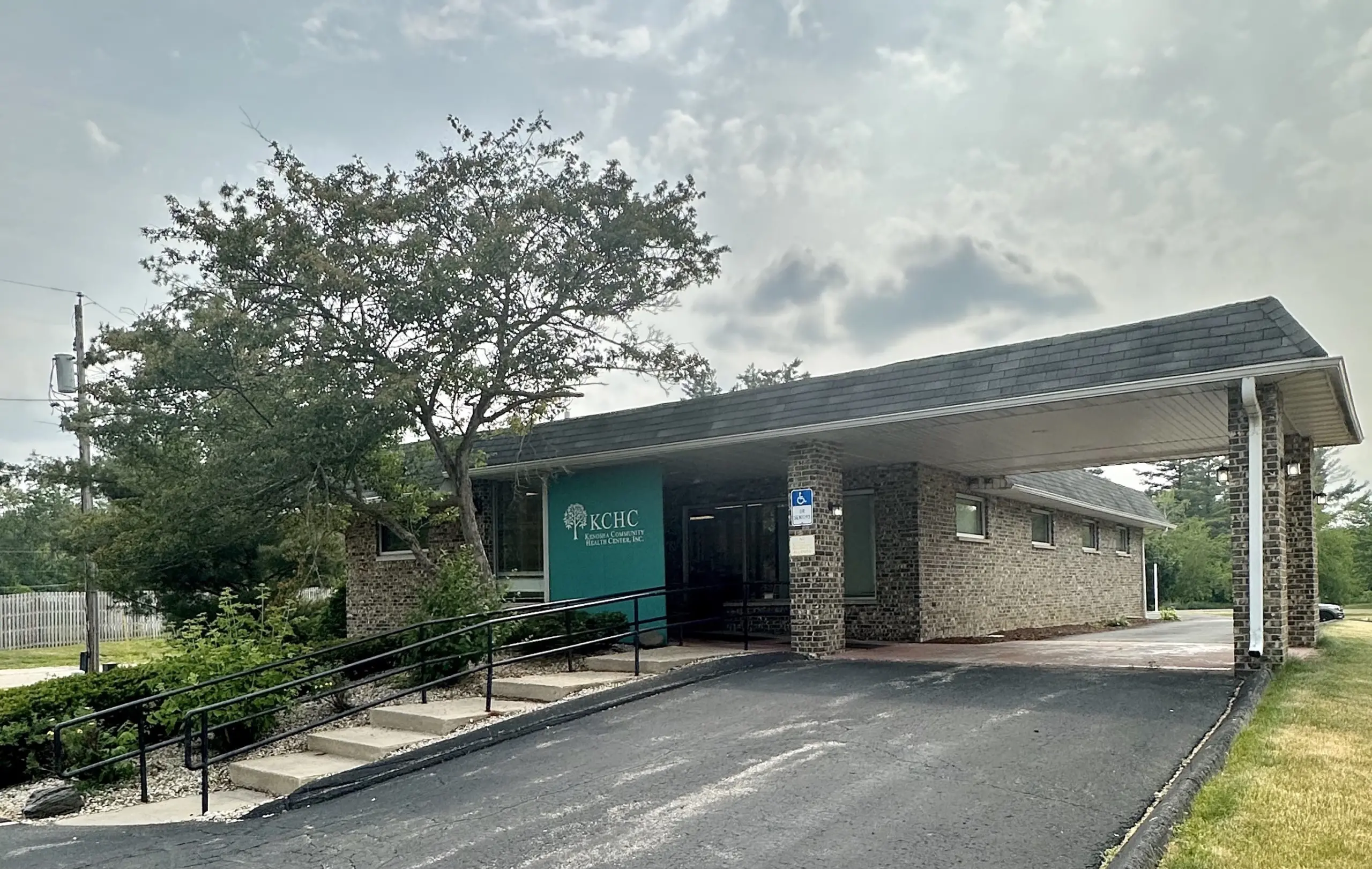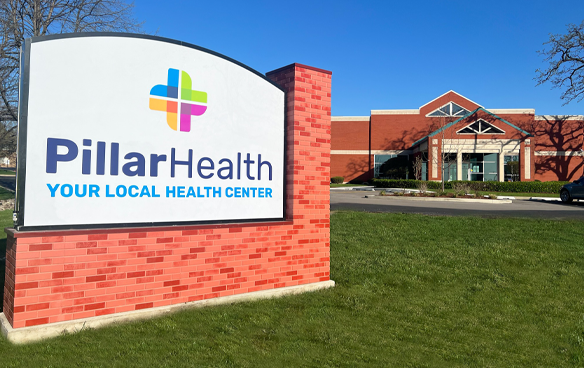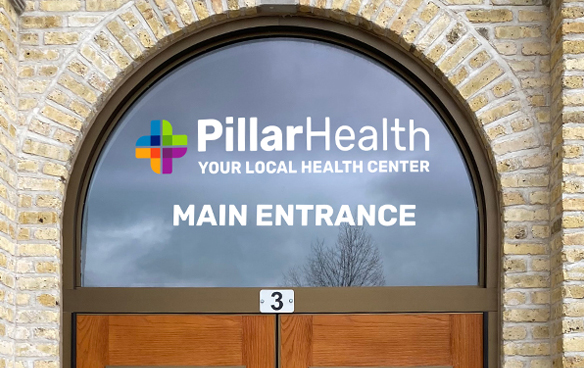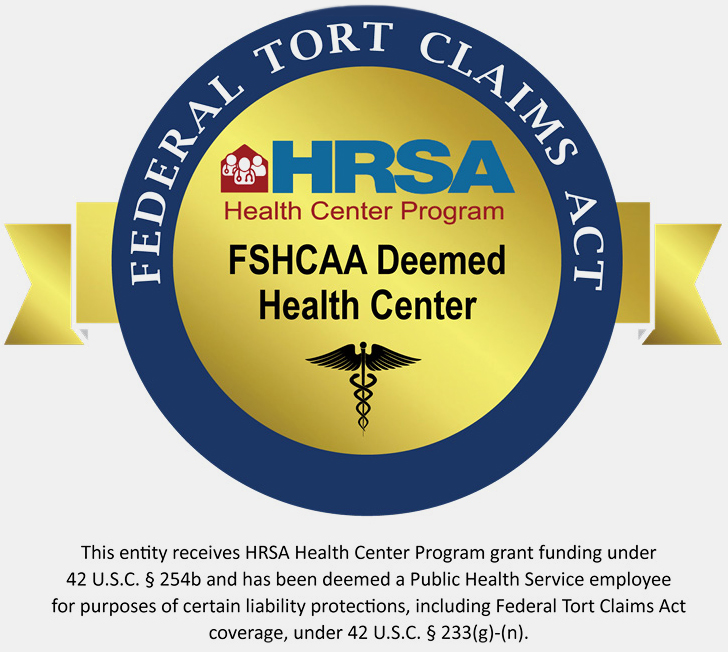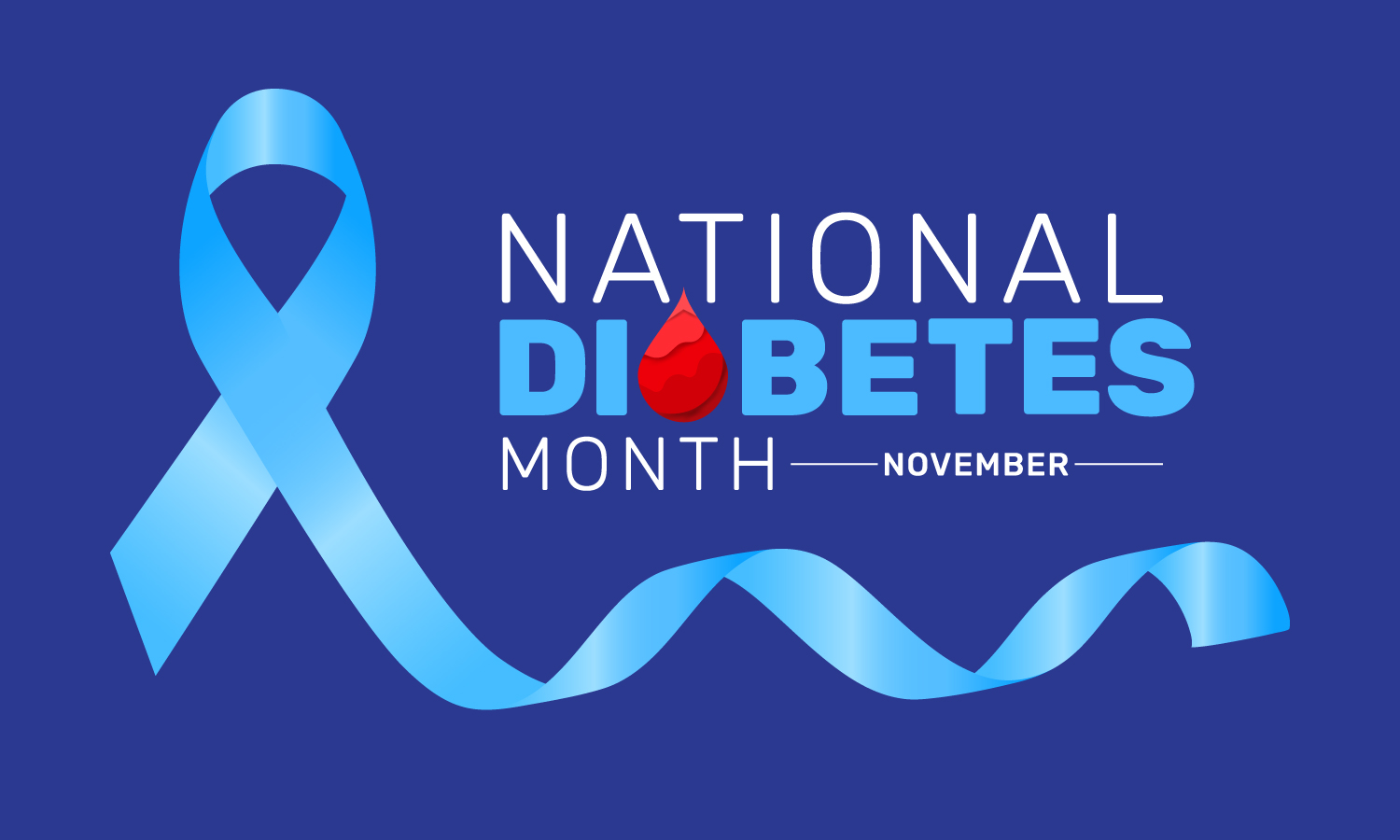
Take Charge of Tomorrow: November is National Diabetes Month
November marks National Diabetes Month, and this year, we’re turning our focus to “Take Charge of Tomorrow,” a theme that encourages everyone to be proactive about their health and future. At Pillar Health and Kenosha Community Health Center, we’re here to guide the path to understanding, managing, and preventing diabetes—a condition affecting more people each year.
Understanding Diabetes: Your Body’s Power Switch
Your body needs energy to keep everything running smoothly, and that energy comes from sugar in your blood. Insulin is the key that helps your body use this sugar. With diabetes, however, the body struggles to produce or use insulin effectively, making it harder to regulate blood sugar levels. Left unmanaged, this can lead to significant health complications over time.
The Types of Diabetes
- Type 1 Diabetes: With Type 1 diabetes, the body stops producing insulin. People need to take insulin regularly, often via injections or a pump. While it commonly appears in childhood, adults can be diagnosed with it too.
- Type 2 Diabetes: In Type 2, the body makes insulin but doesn’t use it well, like a key that doesn’t fully turn the lock. Healthy eating, exercise, and sometimes medication can help manage it. Curious about your risk? Take the Type 2 Risk Test.
- Gestational Diabetes: This form can arise during pregnancy and typically resolves afterward. However, it may signal a higher risk of developing Type 2 diabetes later in life.
Taking Charge: Effective Diabetes Management
Managing diabetes is about balance. Medications, healthy eating, and physical activity are all important to regulate blood sugar levels. At Pillar Health and Kenosha Community Health Center, we’re your team in this journey. Whether it’s answering questions, managing medications, or providing tips for a healthier lifestyle, we’re here for you.
Know Your Risk for Diabetes
You may be at a higher risk of developing Type 2 diabetes if you:
- Are overweight or obese
- Are 35 or older
- Have a family history of diabetes
- Are African American, American Indian, Asian American, Hispanic or Latino, or Pacific Islander
- Lead a sedentary lifestyle or have prediabetes
Understanding these risk factors is a proactive step to preventing diabetes or catching it early.
The Diabetes ABCs: A Path to Better Health
Preventing diabetes complications starts with managing your ABCs:
- A is for the A1C test – a measure of average blood glucose over the past three months. Many people with diabetes use continuous devices to monitor glucose levels day and night.
- B is for blood pressure – keeping it in check reduces stress on your heart and kidneys.
- C is for cholesterol – managing it helps protect your heart.
Ask your healthcare team about your ABC goals and the best ways to meet them.
Small Steps, Big Impact: Building Healthy Habits
Lifestyle changes don’t have to be overwhelming. Small adjustments like meal planning, regular exercise, adequate sleep, and avoiding smoking can help manage diabetes or even prevent it. Start slow, and let each step pave the way for lasting health.
Medication Matters: Stay on Track
Remember to take your prescribed medications even if you feel fine. If you have trouble taking them on time or at the right dose, talk to your healthcare provider or pharmacist. They can help you find solutions to stay on track.
Healthy Weight, Healthier Tomorrow
If you are overweight or obese, even a modest weight loss—about 5-7% of your starting weight—can significantly lower your risk of Type 2 diabetes. Use tools like the Diabetes Risk Management Calculator to see how a small reduction could make a big difference in your health.
Mental Health: Caring for Your Mind, Too
Diabetes management isn’t just physical—it’s emotional too. If you’re feeling down, consider healthy ways to manage stress, such as talking with a mental health professional.
Take Charge of Tomorrow with Pillar Health and KCHC
This November, let’s embrace “Take Charge of Tomorrow” and commit to better health—whether it’s by managing diabetes or taking steps to prevent it. Reach out to us at Pillar Health and Kenosha Community Health Center. We’re here to support you and your loved ones with the knowledge, resources, and encouragement you need.
- Pillar Health Kenosha Clinic: (262) 771-1700
- 14th Avenue Kenosha Clinic: (262) 771-1688
- 22nd Avenue Kenosha Clinic: (262) 771-0070
- 2nd Street Silver Lake Clinic: (262) 771-1963
DIABETES STATISTICS
These statistics highlight the critical need for diabetes awareness, early diagnosis, and management on both a national and global scale.
- Prevalence in the U.S.: Approximately 38.4 million Americans, or 11.6% of the population, have diabetes.
- Of these, 29.7 million cases are diagnosed, while 8.7 million individuals remain undiagnosed.
Source: CDC (cdc.gov)
- Of these, 29.7 million cases are diagnosed, while 8.7 million individuals remain undiagnosed.
- Age Factor: Diabetes affects 29.2% of U.S. adults aged 65 and older.
Source: CDC (cdc.gov)
- Racial and Ethnic Disparities:
- American Indian/Alaska Native adults: 13.6%
- Non-Hispanic Black adults: 12.1%
- Hispanic adults: 11.7%
- Non-Hispanic White adults: 6.9%
Source: American Diabetes Association (diabetes.org)
- Prediabetes in the U.S.: About 97.6 million American adults have prediabetes, with over 80% unaware of their condition.
Source: CDC (cdc.gov)
- Global Diabetes Prevalence: Approximately 540 million people worldwide have diabetes.
- Projections estimate this number could rise to 643 million by 2030 and 783 million by 2045 due to urbanization, aging populations, obesity, and inactivity.
Source: International Diabetes Federation (idf.org)
- Projections estimate this number could rise to 643 million by 2030 and 783 million by 2045 due to urbanization, aging populations, obesity, and inactivity.

Do not wait to schedule your appointment.
Kenosha Community Health Center has many appointment options in Kenosha and Silver Lake to meet your needs.
Schedule An Appointment

